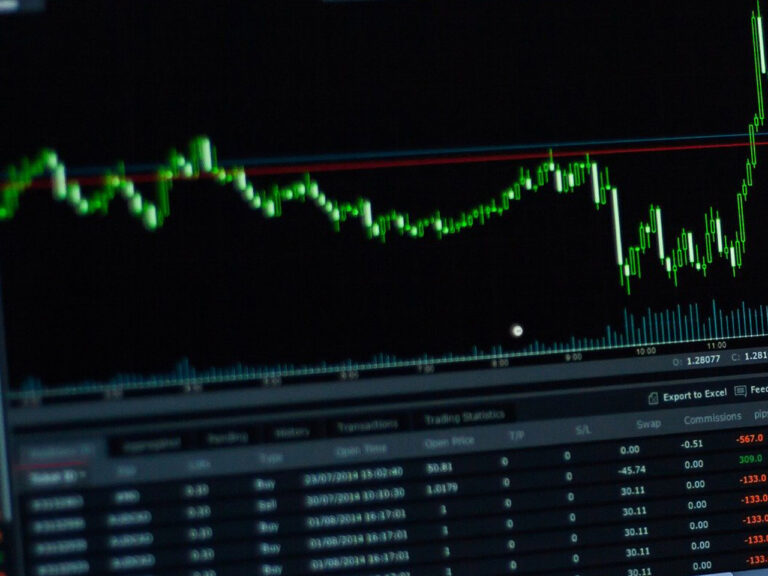Merck & Company, Inc. (NYSE: MRK), a stalwart in the healthcare sector, has long been a dominant player in the general drug manufacturing industry. With a market capitalization of $194.81 billion, Merck’s substantial footprint in pharmaceuticals and animal health positions it as a company worthy of investor attention, especially given its current market dynamics and future potential.
Operating globally, Merck’s diverse portfolio includes renowned products such as Keytruda, Gardasil, and Januvia, among others, which cater to a wide range of medical needs from oncology to neuroscience. This diversity not only fortifies the company’s revenue streams but also ensures resilience against market fluctuations in specific segments.
Currently priced at $77.58, Merck’s stock has seen a significant range over the past year, fluctuating between $73.47 and $132.96. Despite the slight recent price change of -$0.26 (0.00%), the stock’s forward P/E ratio of 7.99 suggests an attractive valuation for investors looking for growth potential. The absence of a trailing P/E ratio and other valuation metrics like PEG Ratio and Price/Book, however, calls for a deeper understanding of Merck’s earnings outlook and financial health.
One of the standout features of Merck’s financial profile is its impressive return on equity (ROE) of 39.29%, indicative of efficient management and robust profitability. Additionally, the company boasts a solid free cash flow of approximately $17.12 billion, showcasing its ability to generate significant cash from operations, which is crucial for sustaining its dividend yield of 4.18%. The payout ratio of 45.93% further underscores Merck’s commitment to returning value to shareholders while retaining sufficient capital for future growth and innovation.
Despite a revenue growth dip of -1.60%, analysts remain optimistic about Merck’s prospects. With 15 buy ratings and 11 hold ratings, the sentiment leans positively, with no sell ratings to dampen investor spirits. The target price range of $82.00 to $138.00 highlights a potential upside of 31.36%, suggesting that the market may undervalue Merck’s long-term capabilities and strategic initiatives.
Technical indicators provide additional insights into Merck’s stock movements. The 50-day moving average of $82.69 and the 200-day moving average of $98.14 indicate a market correction, aligning with the current RSI (14) of 55.25, which suggests a neutral position with no immediate overbought or oversold conditions. The MACD of -1.55 and signal line of -1.78 also point to recent bearish momentum, but not without the potential for a rebound, especially as Merck continues to innovate and expand its product offerings.
Merck’s strategic collaborations and agreements with companies like AstraZeneca and Daiichi Sankyo enhance its research and development capabilities, paving the way for breakthroughs in cancer treatment and other therapeutic areas. These partnerships, coupled with its robust pipeline and established market presence, solidify Merck’s position as a formidable player in the healthcare sector.
For individual investors, Merck represents a compelling opportunity driven by its robust dividend, strong cash flow, and strategic global operations. With a significant potential upside and a diversified portfolio, Merck’s stock might offer both stability and growth, making it a valuable consideration for those looking to enhance their portfolios with a resilient healthcare giant.






































